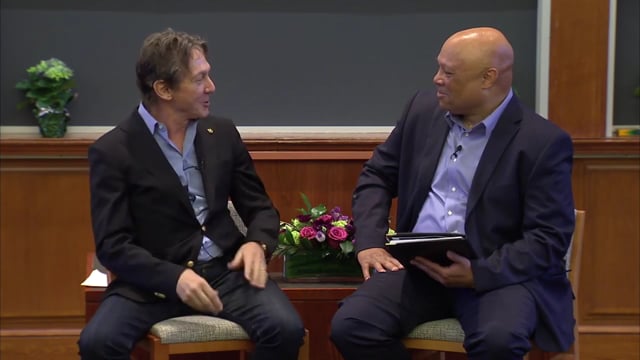If you’re a songwriter, singer, manager, producer, or record label executive, you may find that you need a music attorney at some point. Here are some things you should know about these people and how to choose the right one.
What Do They Do?
Basically, there are two types of entertainment lawyers. The first, litigators, represent their clients in court, mediation, and arbitration. For instance, you may need this type if you sue someone or experience copyright infringement.
On the other hand, transactional attorneys help negotiate contracts. For instance, they can have a conversation with you to help you understand and negotiate recording, publishing, songwriting, touring, management, and merchandising agreements. They may also be willing to help you get the best contracts possible in exchange for a portion of the payments. However, this is generally only done for well-established artists. Very few transactional lawyers also do litigation.
Do You Need One?
There are certain times when you could benefit from having a lawyer. For example, if a lawsuit is involved, a litigator might be the best option. This applies to arbitration and mediation issues. Aside from this, you can likely get away with only having a transactional lawyer on standby to help you with agreements.
What Should You Look For?
This depends on your needs. If you need to license your music, look for someone who has experience with this. If you’re negotiating a deal with a record label, look for an attorney who is good at that.
How Will You Pay Them?
According to entertainment lawyer John Branca, the most common method of charging clients that need continued support is by the hour and withdrawing money from an upfront retainer. However, it is also possible to find an attorney that charges a single flat fee for a service if you don’t need them regularly.
The last payment option is the percentage arrangement. This is generally reserved for established artists. However, it may be an option for new artists with a substantial deal offering that seems like it should close. This option can be risky for attorneys because they do not get paid if the deal doesn’t close. That said, artists prefer it because they don’t have to pay anything unless the deal closes.
If you’re in the music industry, you may find that you need an entertainment lawyer at some point. Following these tips will help you understand what to look for to pick the best attorney for your needs.

